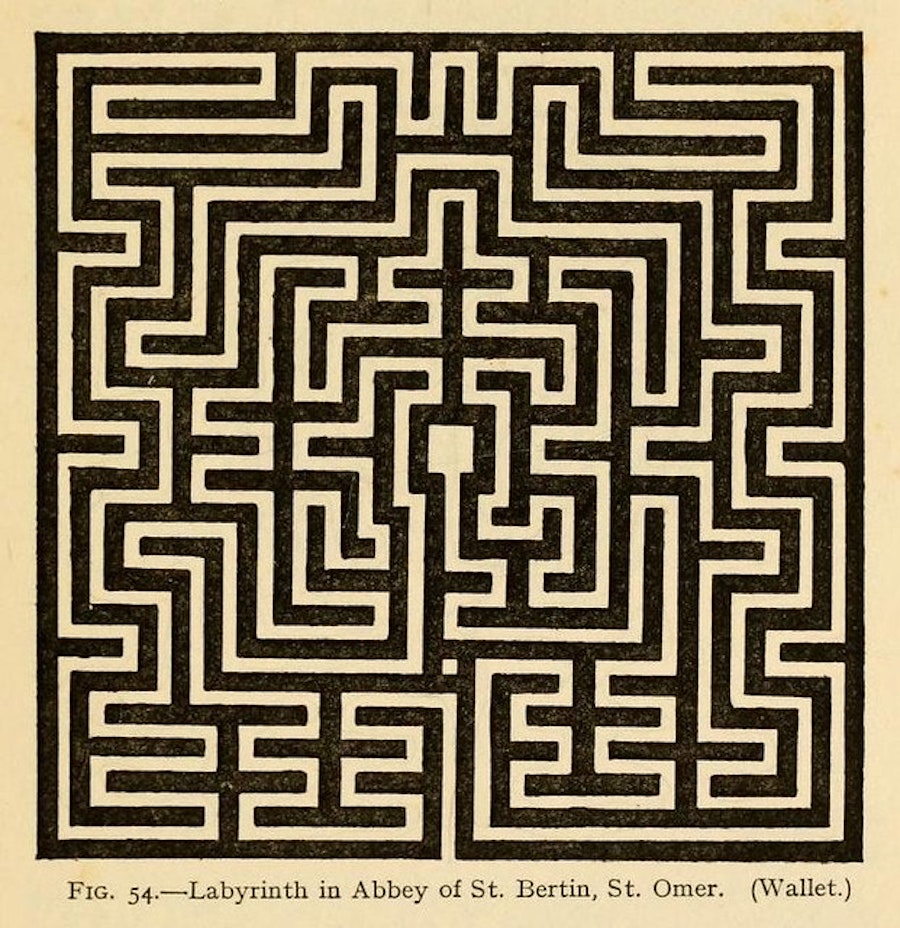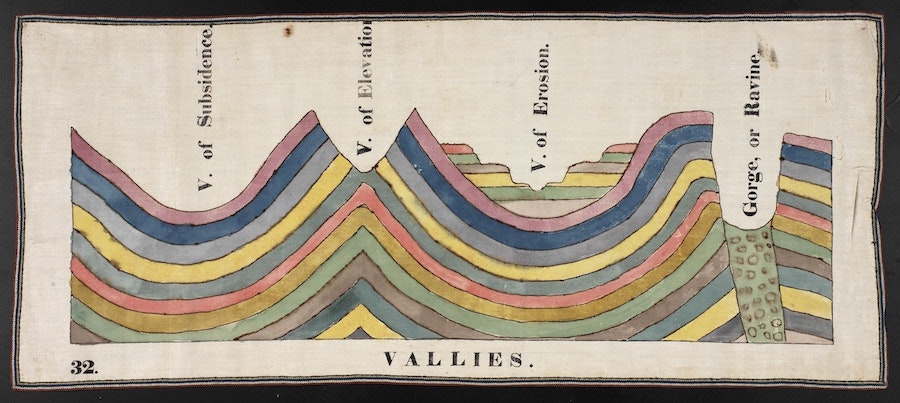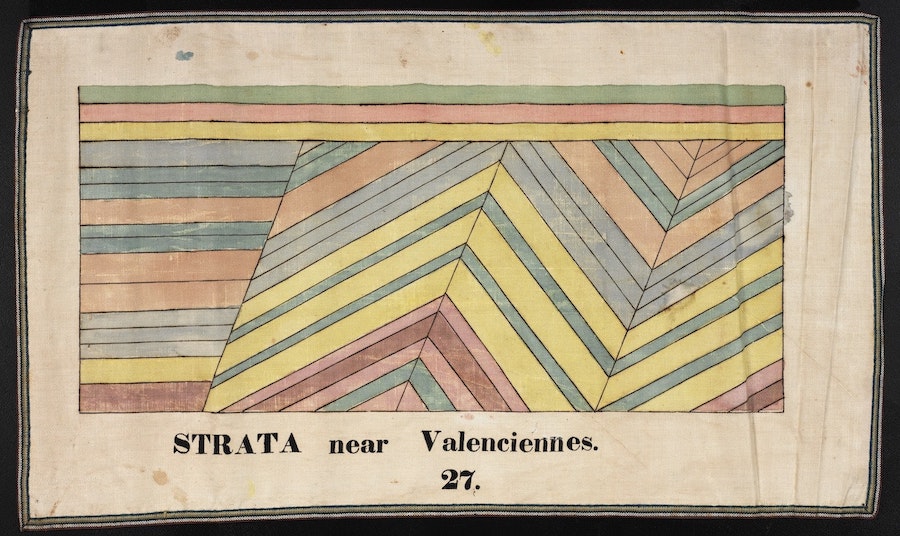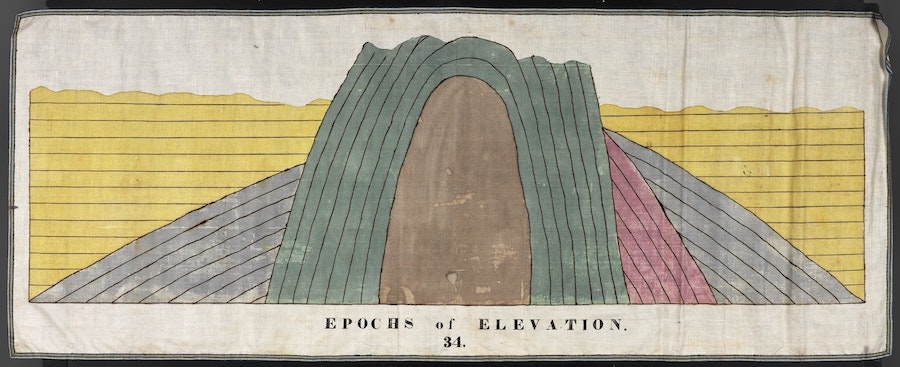I have always written poems for myself; as diary entries, as a way of processing, to capture and remember. I want to create whole and contained circles of thought. I want the clarity that comes with refinement. But in the last couple of years of my undergraduate degree I have started to share my poems. Doing so has made me realize how different it is to write a poem with the intention that it is going to be read. I am not just writing for myself anymore. I am writing for you. This shift in intentionality has changed my work in unexpected ways. My poems have gained a legitimacy. They became work, not just musings. And I had to make space for you. I had to allow you in. This transition was hard. I had been writing poems about things that I didn’t understand, in an attempt to make sense of them for myself. I can’t do this when I’m writing for you. You need me to understand what I’m saying. You need me to take your hand. This is a balance I still struggle with when I write. I want to make enough space for you in a poem so that it can feel like it belongs to you. I want you to understand it in a way that makes it feel like your poem. But I don’t want to give you too much space so that you feel like you’re left out in the cold, lost and confused. I write in what I hope is accessible language. I set my poems in real, familiar places. They are usually involve things you can hold. I want to tell you what it is about and how I feel about it. And then I want you to tell me how you feel about it. My hope is that there is enough space for a conversation to take place. I don’t want my poems to be monologues. I yearn for dialogue.
It’s tricky because I don’t know who you are, and I don’t want to assume. Lately, my mom has been reading some of my poems and she found them difficult to engage with. She seemed desperate to find me in them. Her daughter. The person she knows. She wanted to know if a particular line related to a specific event in my life, or if another line related to somebody we both know. I understand, and am grateful, that not many other people will be reading my work in the same way. I much prefer you, an anonymous reader. Because when I write a poem that refers to my brother, yes, in a way, it is about my brother but I also want it to be about your brother. I want it to be about the potentially universal experience of having a brother, if there is such a thing. My mom’s way of reading was helpful to me. It made me realize that I wasn’t getting the balance right. I was giving too much of the responsibility of the poem to you. It needs to be my poem just as much as it is yours.
This is also something I’m learning though reading my work aloud publicly. When I’m able to embody the work, then it becomes more of a gift that I am giving you. You can see directly where it comes from. You see my hands holding the paper and you hear the slight lilt in my voice. My body grounds the poem in a way that I can’t do for you when it’s on the page. I’ve always felt that my work was separate from me in a way that felt important. I didn’t want to identify too much with what I was writing. I didn’t want my self worth to be intertwined with how the work was received. I wanted there to be me, and the poem. But it’s been an unexpected joy to embody my work. My poems aren’t me but they are a genuine expression of self. While reading, I want to connect with you just as much as the poem connects with you. Embodying my work has bridged the gap of the page in a way that feels beneficial and impactful.
I want to keep having this expanding conversation with you. This is why I write them for you, a reader.




